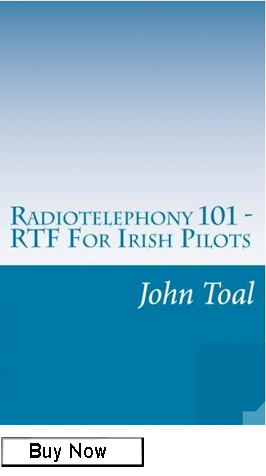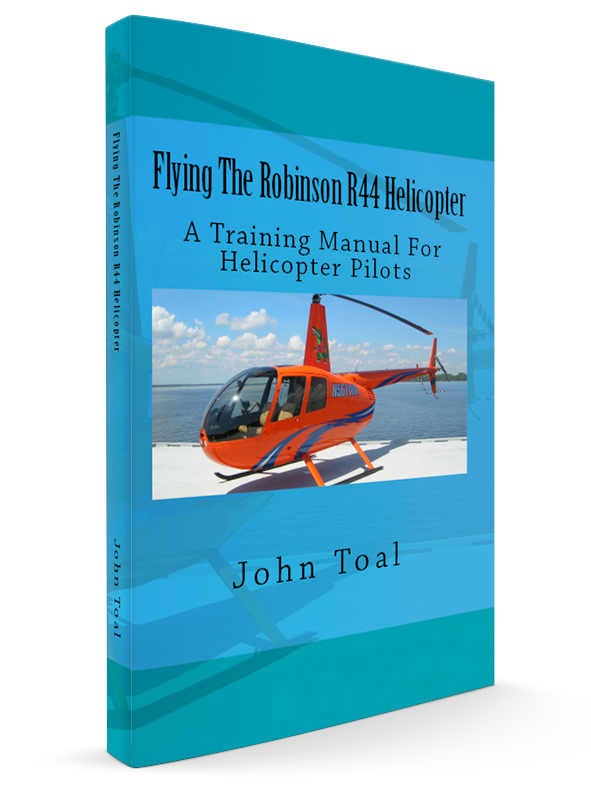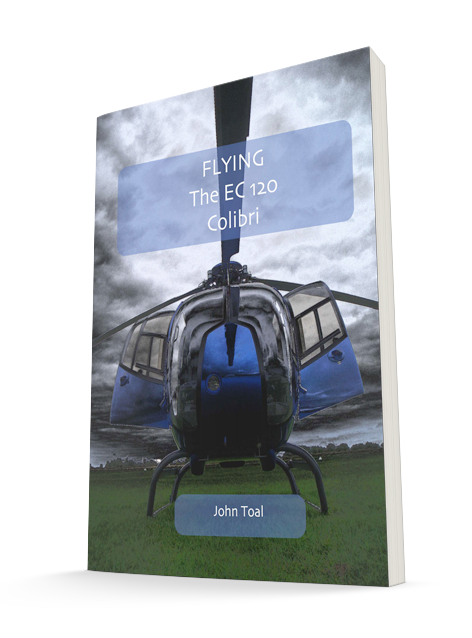Radiotelephony For Helicopter Pilots
(Reviewed on 29th August 2020)

One of the most intimidating things a student has to do when learning to fly is learning how to talk on the radio. When you first start flying you soon realise that the quality of the sound from the radio is actually very poor. The language is totally different from what you have been used to and there are lots of numbers that are confusing.
Standard Phraseology
As aviation developed over the last century, it became apparent that air traffic controllers needed to be able to communicate with pilots from all over the world. English was established as the common language for aviation around the world. For a pilot whose native language is not English, is was sometimes difficult for them to understand air traffic instructions. Read backs to controllers were non standard and there was very little regulation.
After a horrific accident involving two aeroplanes in Tenerife caused by a misunderstanding of instructions; it was decided to introduce standard phraseology for radiotelephony around the world. During your training you will be taught standard phraseology. Small talk and non essential talking on the radio is frowned upon and should be avoided. You will occasionally hear pilots or air traffic controllers make mistakes or use non-standard phraseology but you should never be tempted to copy them.
Free PREVIEW of my NEW RADIOTELEPHONY BOOK HERE
You will eventually be able to predict what the air traffic controller will say to you (almost word for word). To make life easier for you, here are a few tips about using the radio:
- Think about when you are going to need to make your next radio call
- Ensure that you have the correct frequency dialed into the radio
- Check that the volume is set correctly
- Rehearse what you are going to say before transmitting on the radio
- Keep communication as brief as practical (other pilots may be waiting on you to finish transmitting)
Further reading on how to pronounce numbers can be found Numbers in Radiotelephony.
Confidence
Once you understand telephony through experience, you will be comfortable talking on the radio. It is important that you do not let controllers bully you into doing something you do not want to do. Always remember that air traffic controllers are there to help you. You must have the confidence to talk to them. Tell them what you want to do. Then let them figure out how they are going to accommodate you. If they refuse to let you transit their airspace – ask them what the traffic is. If there is no traffic to affect you then they have no reason not to let you transit.
I will be writing more on this subject later as it is a personal favourite of mine.
Free PREVIEW of my NEW RADIOTELEPHONY BOOK HERE
Did you enjoy this post? Why not leave a comment below and continue the conversation, or subscribe to my feed and get articles like this delivered automatically to your feed reader.








Pretty nice book. Liked the way it relates to the way we use the radio in Ireland